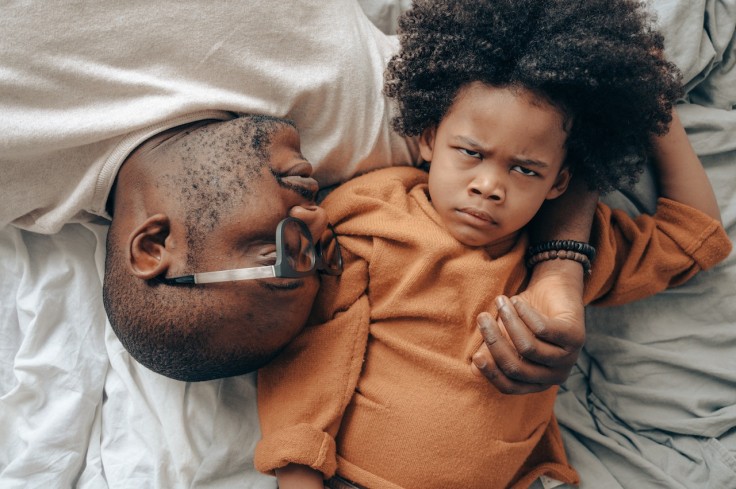
Do you feel that your child is irritated, yet you do not know why? It is possible that there is something you have inadvertently done.
As rewarding and joyful parenting is, the journey can also be tough and challenging. Even the most protective and most well-meaning mother or father can make mistakes along the way, unintentionally causing distress and annoyance to their kids.
If parents feel like there is tension between them and their kids or their relationships with their kids are strained, and they are left in the dark as to why, Parenting For Brain has gathered five of the most annoying things parents do to their children that can be the cause behind the tension and relationship strain.
These five facts can provide parents with valuable insights that can reboot parent-child relationships and pave the way for a healthier and more conflict-free, if not always, at least for most of the time, relationship.
Parents, Stop Doing These
1. Stop making kids feel they are never good enough
Parents often unintentionally do things that make their children feel inadequate. One of these things is criticizing them most of the time and rarely praising them. Affirmation is essential for children's healthy development.
"Praising children is an essential part of their development, as it helps to boost their self-esteem, build their confidence, and encourage positive behaviors, as Learning Time stressed.
Moreover, parents also need to stop "overemphasizing" on grades as if good grades matter more than enjoying a strong parent-child relationship and constantly comparing their kids to others, which truly can hurt a child's self-confidence.
2. Stop instilling in the kids that parents are always right
In parenting, there will also be disagreements between parent and child. At these moments, parents should learn to let go of their "I am always right" or "Because I said so" card, as this can be unhealthy, not only for the relationship but also for the emotional and mental health of the children. These cards hurtfully communicate to the kids that whatever their reason, opinion, or thought, it does not matter, and it has no chance or space to be heard at home.
More importantly, if parents deal with children using these cards, it is most likely that they do not know how to apologize to the kids, which is one of a parent's greatest mistakes.
Parents need to learn how to apologize to their children as this is a way to show them that humans can commit mistakes and it is okay to ask and offer forgiveness.
3. Stop showing double standards and hypocrisy
Parents have a list of what children cannot do, like yelling, arguing, losing their temper, not listening, and dishonesty. However, parents can be hypocritical if they engage in behaviors and actions that they prohibit their children from doing.
Read More: 5 Things Parents Do That Children Hates
4. Stop being controlling
Parents need to stop their desire of wanting to dictate every aspect of their kids' lives. Controlling parents usually resort to several "tactics" to push their children to follow or abide by their instructions and decisions.
Parents need to stop scolding, punishing, and nagging their children to force what they want the latter to do. Parents also need to stop micromanaging and "getting overly involved" in their kids' daily lives as a way to closely monitor every activity that they are doing, which dangerously gives off the message that they either cannot be trusted or are not sufficient enough to do something by themselves.
"Micromanagement goes against natural development. It takes away the child's experience and [impedes] his learning how to handle himself in the world. Part of the job of the parent is not to do everything for the child, but to help him do things more and more independently," explained Dr. Marc Nemiroff, clinical psychologist and author, as quoted by WebMD.
5. Stop treating kids as second-class citizens
Parents should stop treating their children as if they are lesser people. Children's rights should not be denied, especially in decision-making. Children's emotions, thoughts, and experiences should not be dismissed and invalidated. Children's perspectives should be understood and their privacy respected, and give them privacy. Stop condescending attitudes toward children, imposing unrealistic expectations, and making fun of or putting them to shame in front of other people.
Related Article: Understand Your Parenting Triggers and How To Deal With Them